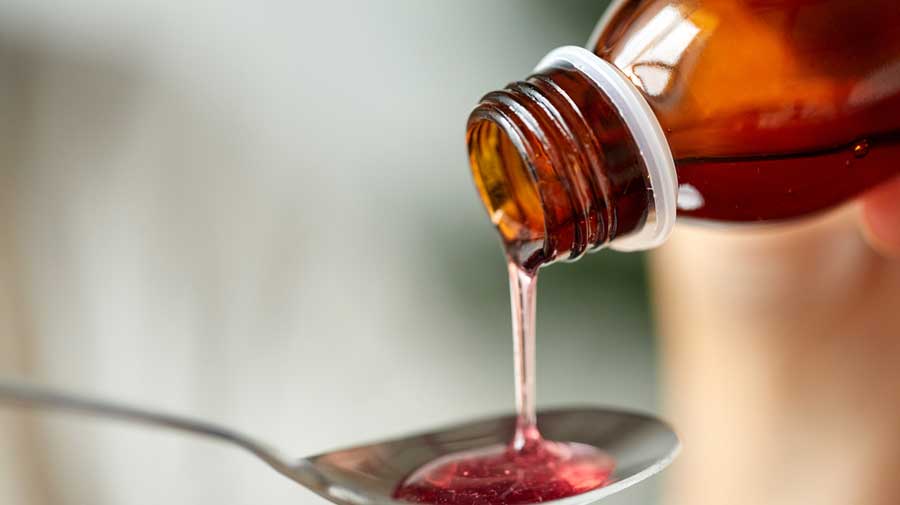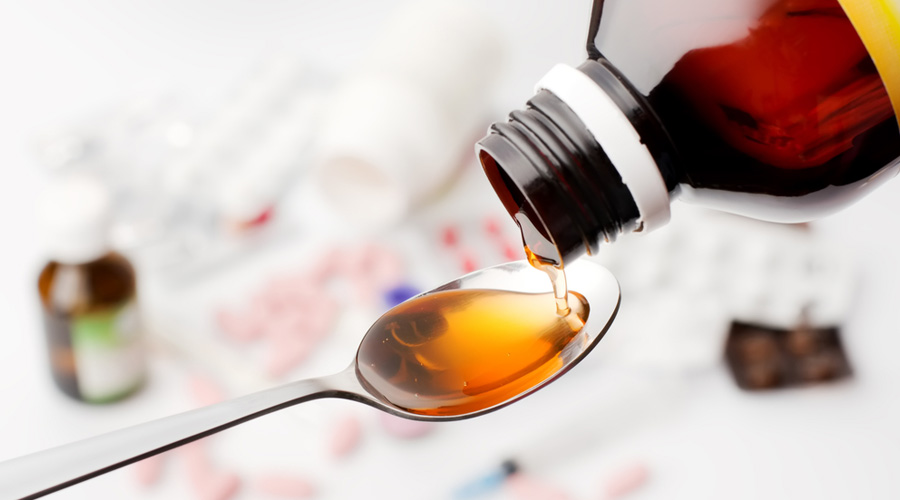The Central Drugs Standard Control Organisation (CDSCO) has initiated a probe in connection with the death of 18 children in Uzbekistan allegedly linked to a cough syrup manufactured by an Indian firm, official sources said on Thursday.
The health ministry of Uzbekistan has claimed that the 18 children had consumed cough syrup, 'Doc-1 Max', manufactured by Noida-based Marion Biotech.
Hasan Harris, legal representative of Marion Biotech, said the governments of both countries are looking into the matter and inquiring.
"There is no problem from our end and no issue in testing. We have been there for the past ten years. Once the government report will come, we will look into it. For now the manufacturing has stopped," Harris said.
According to the ministry, chemical ethylene glycol was found in a batch of syrup during laboratory tests.
Sources said the Drugs Controller General of India has sought more information regarding the incident from the Uzbek regulator.
An inspection jointly conducted by the central drugs regulatory team of north zone and state drugs regulatory team was also taken during which samples were lifted.
Earlier this year, death of 70 children in Gambia was linked to cough syrups manufactured by Haryana-based Maiden Pharmaceuticals following which the Haryana-based unit was shut for violation of manufacturing standards.
However, later the samples tested in a government laboratory in India were found to be complying with specifications.
India's drug regulator had told the World Health Organisation (WHO) earlier this month that the global health body drew a premature link between the deaths of children in Gambia and the four India-made cough syrups which adversely impacted the image of the country's pharmaceutical products across the globe.
In a letter to Dr Rogerio Gaspar, Director (Regulation and Prequalification) at WHO, Drugs Controller General of India (DCGI) Dr V G Somani had said that a statement issued by the global health body in October in the wake of the deaths "was unfortunately amplified by the global media which led to a narrative being built internationally targeting the quality of Indian pharmaceutical products".
In the letter, Somani said the samples of four made-in-India cough syrups linked to the deaths of 66 children in Gambia, which were tested in a government laboratory in the country, were found to be complying with specifications.
The DCGI had said that India has been committed to rigorous monitoring and oversight to ensure that the highest standards of manufacture are maintained in quality control of drugs and cosmetics.












